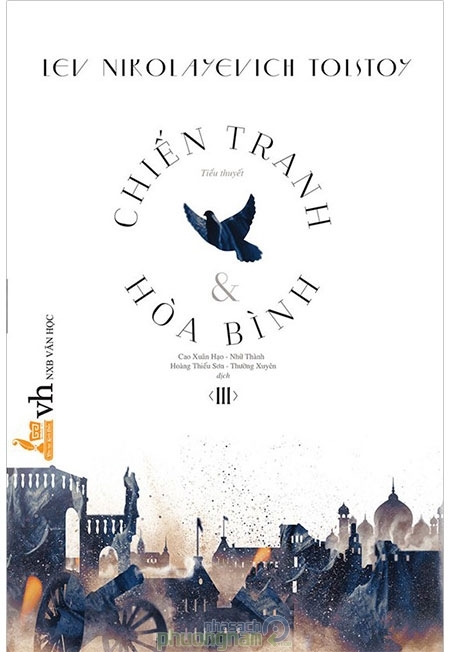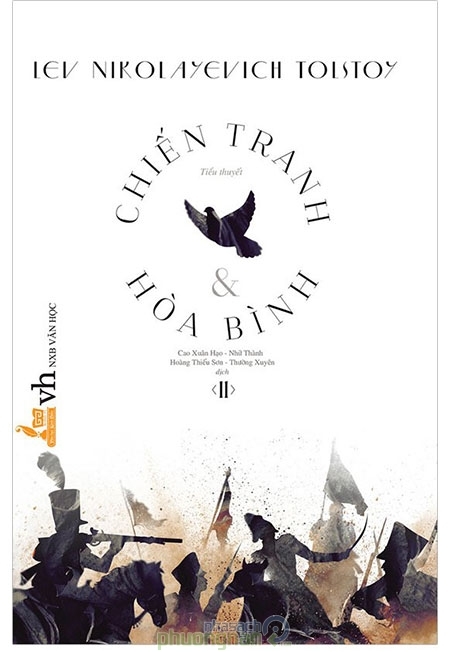
Part of Series
Krig och fred, del 1 av 3. Från bokens baksida: I Anna Pavlovnas salong i Petersburg diskuterar man hovskvaller och politik. Kriget står för dörren: Europa mobiliserar mot den framryckande Napoleon. Furst Andrej tar avsked av sin unga hustru, som är havande. Den unge Nikolaj, greve Rostovs äldste son, lämnar sin familj för att bli husar. Kriget ingriper i allas öden. Mot bakgrunden av de stora politiska omvälvningarna under 1800-talets första år tecknar Tolstoj den ryska aristokratins liv i krigets skugga.
Author

Lev Nikolayevich Tolstoy (Russian: Лев Николаевич Толстой; most appropriately used Liev Tolstoy; commonly Leo Tolstoy in Anglophone countries) was a Russian writer who primarily wrote novels and short stories. Later in life, he also wrote plays and essays. His two most famous works, the novels War and Peace and Anna Karenina, are acknowledged as two of the greatest novels of all time and a pinnacle of realist fiction. Many consider Tolstoy to have been one of the world's greatest novelists. Tolstoy is equally known for his complicated and paradoxical persona and for his extreme moralistic and ascetic views, which he adopted after a moral crisis and spiritual awakening in the 1870s, after which he also became noted as a moral thinker and social reformer. His literal interpretation of the ethical teachings of Jesus, centering on the Sermon on the Mount, caused him in later life to become a fervent Christian anarchist and anarcho-pacifist. His ideas on nonviolent resistance, expressed in such works as The Kingdom of God Is Within You, were to have a profound impact on such pivotal twentieth-century figures as Mohandas Gandhi and Martin Luther King, Jr.

